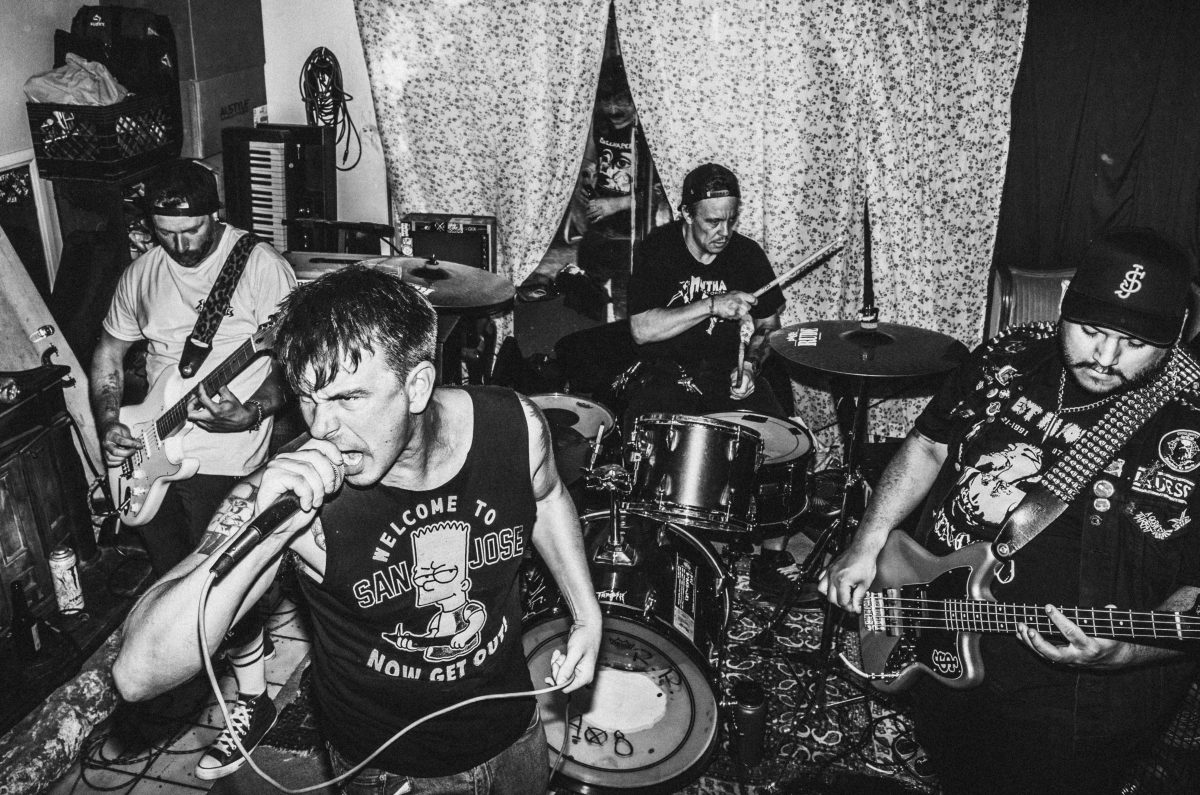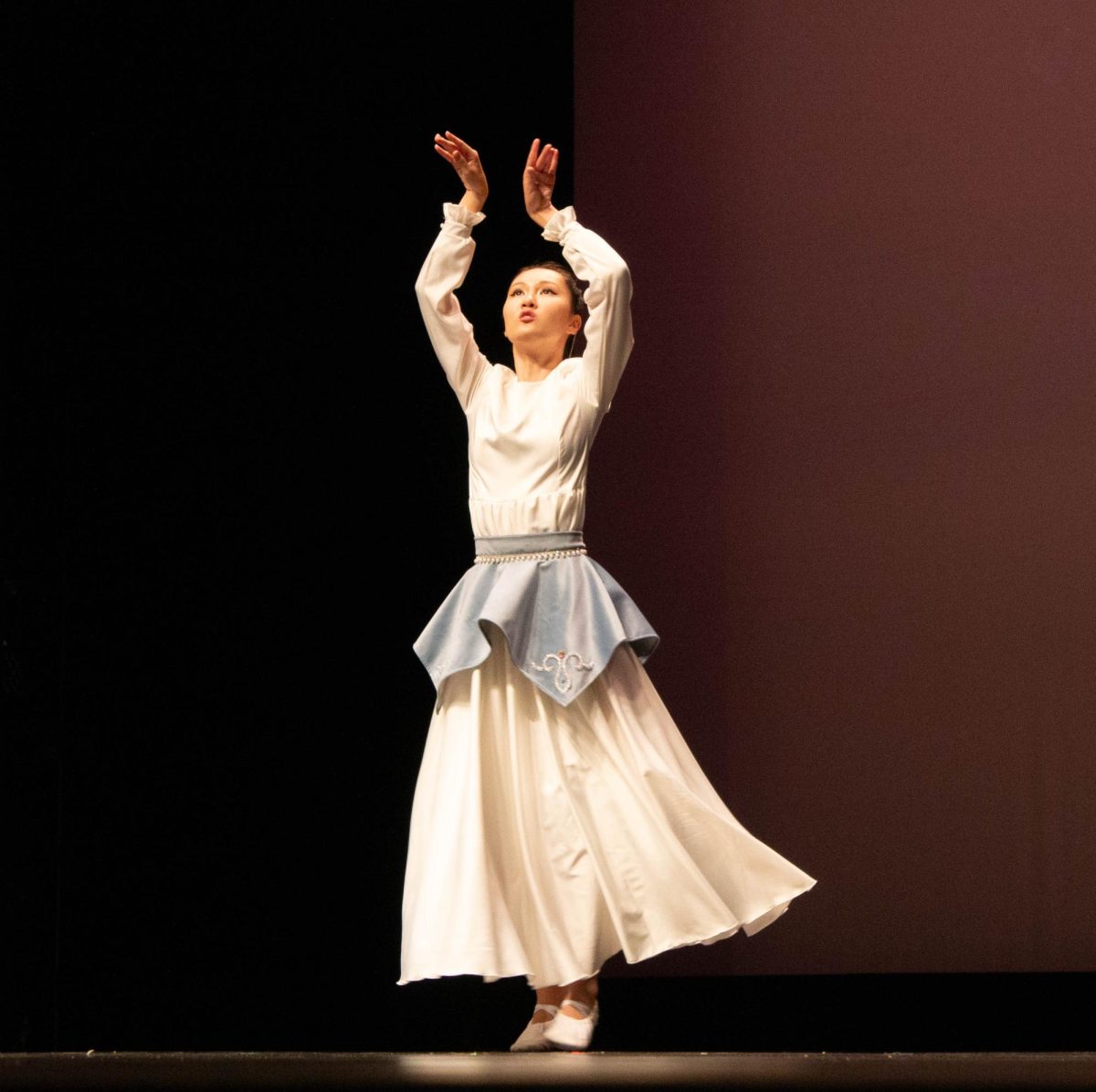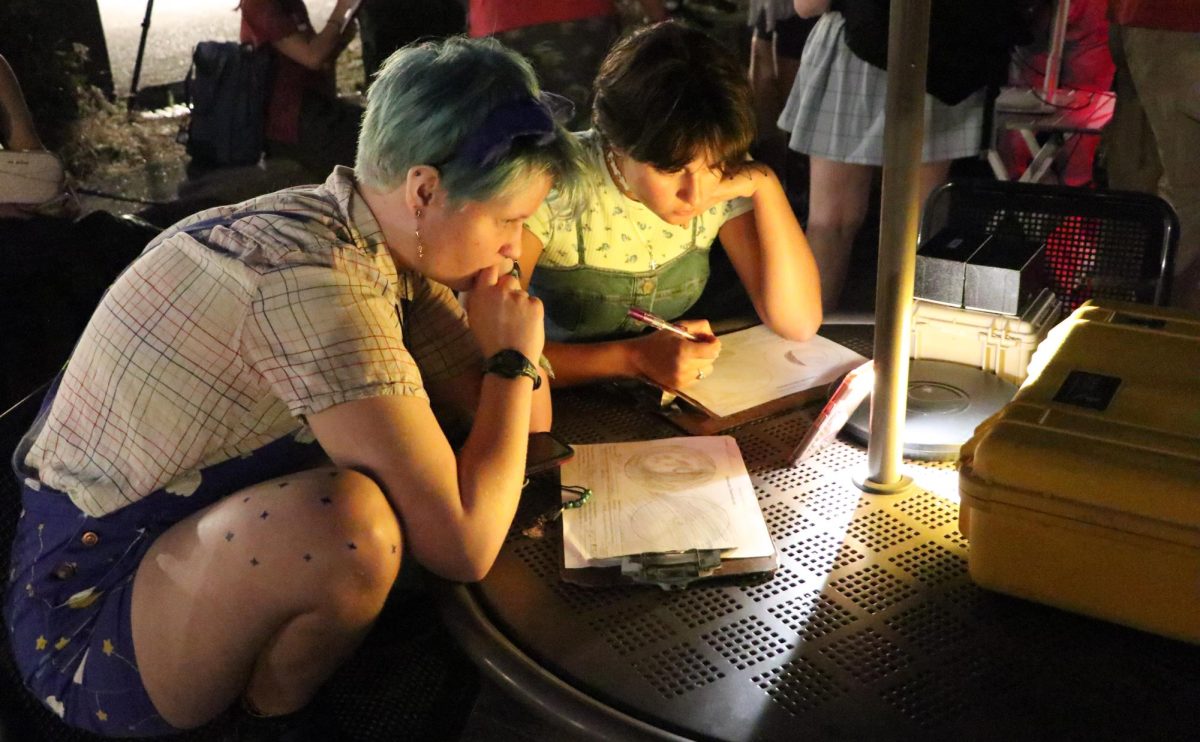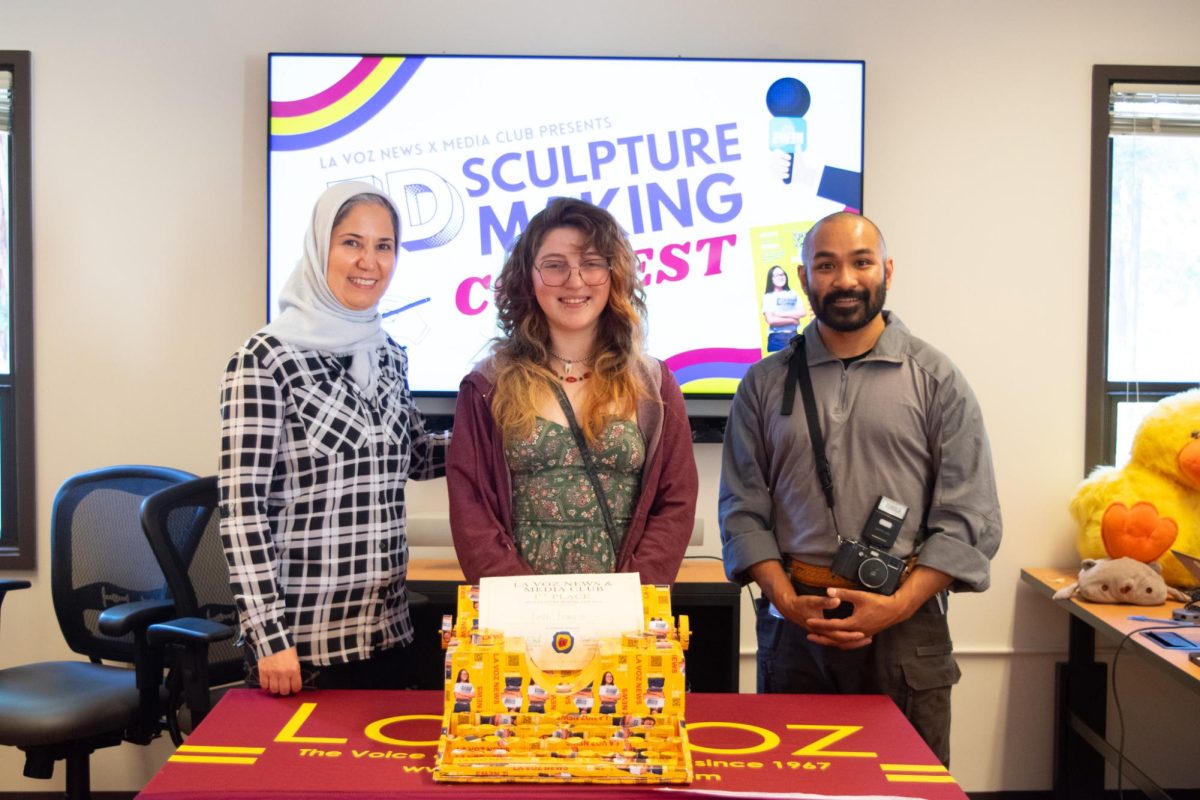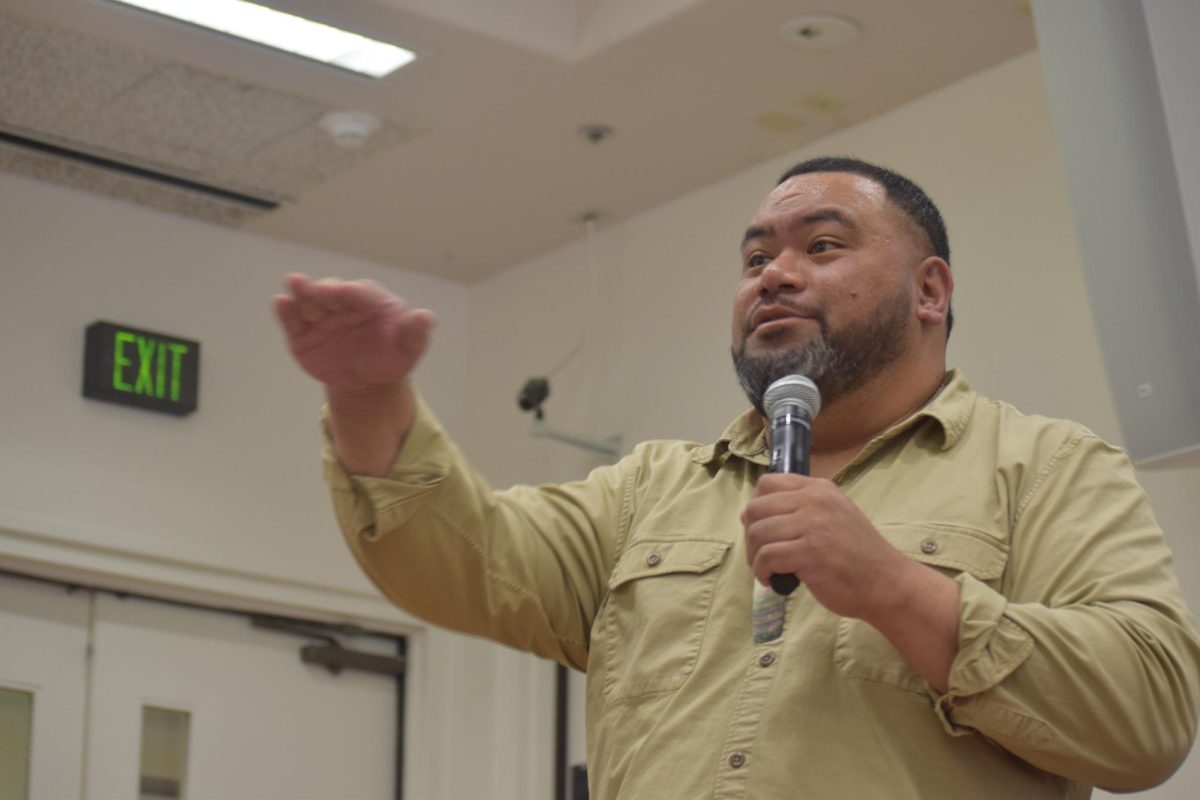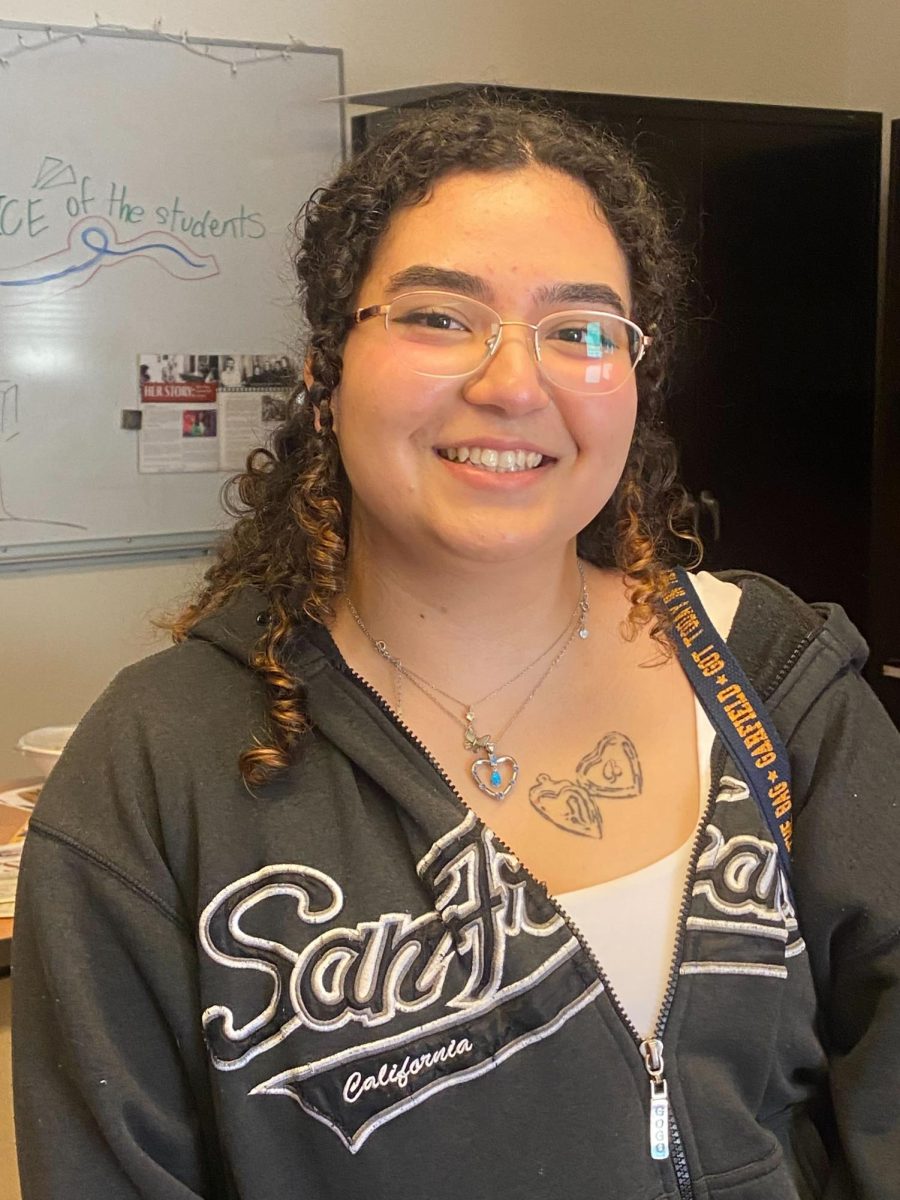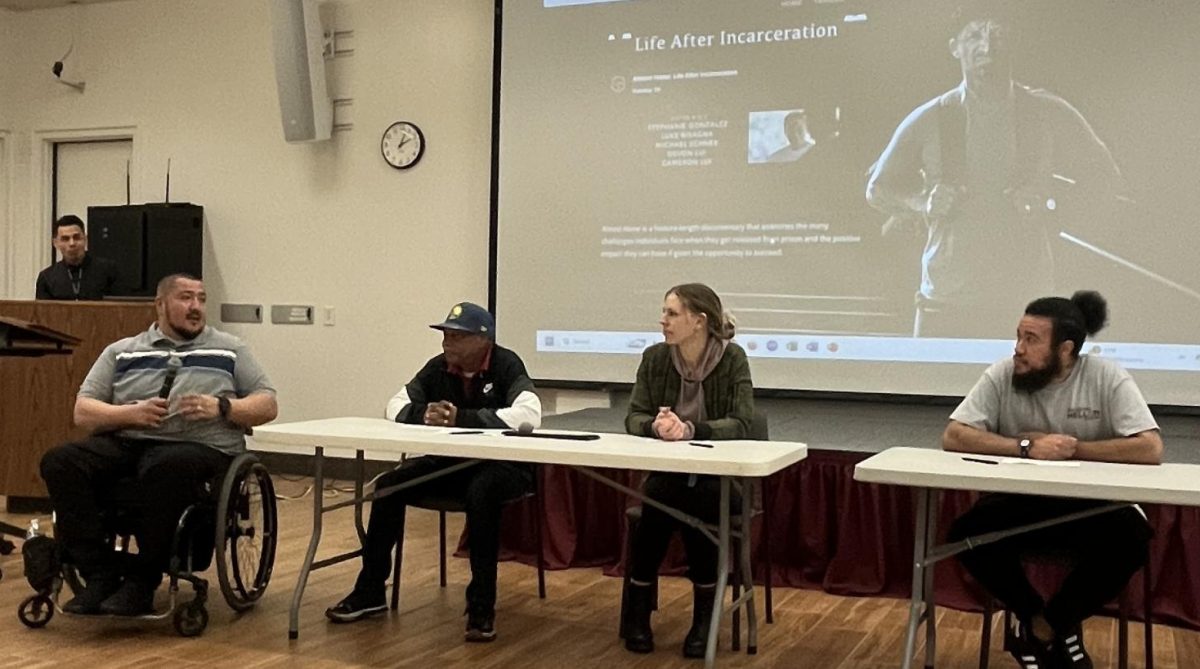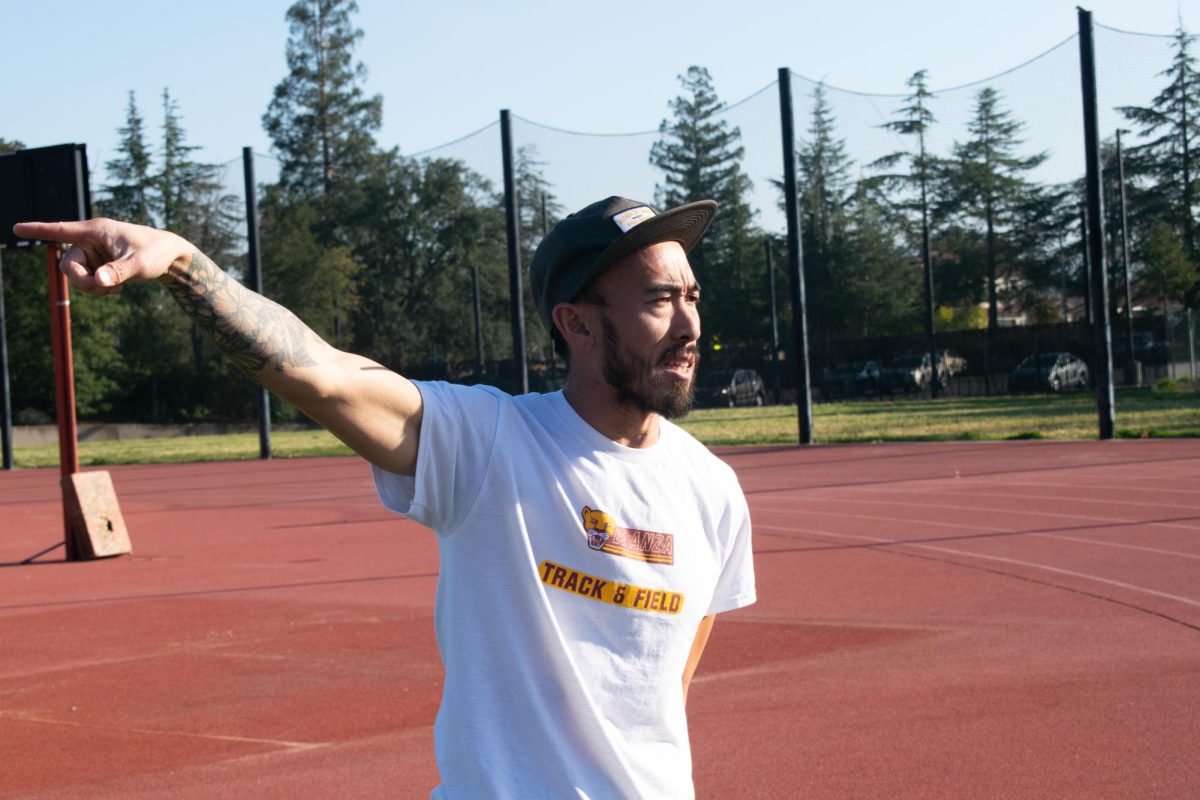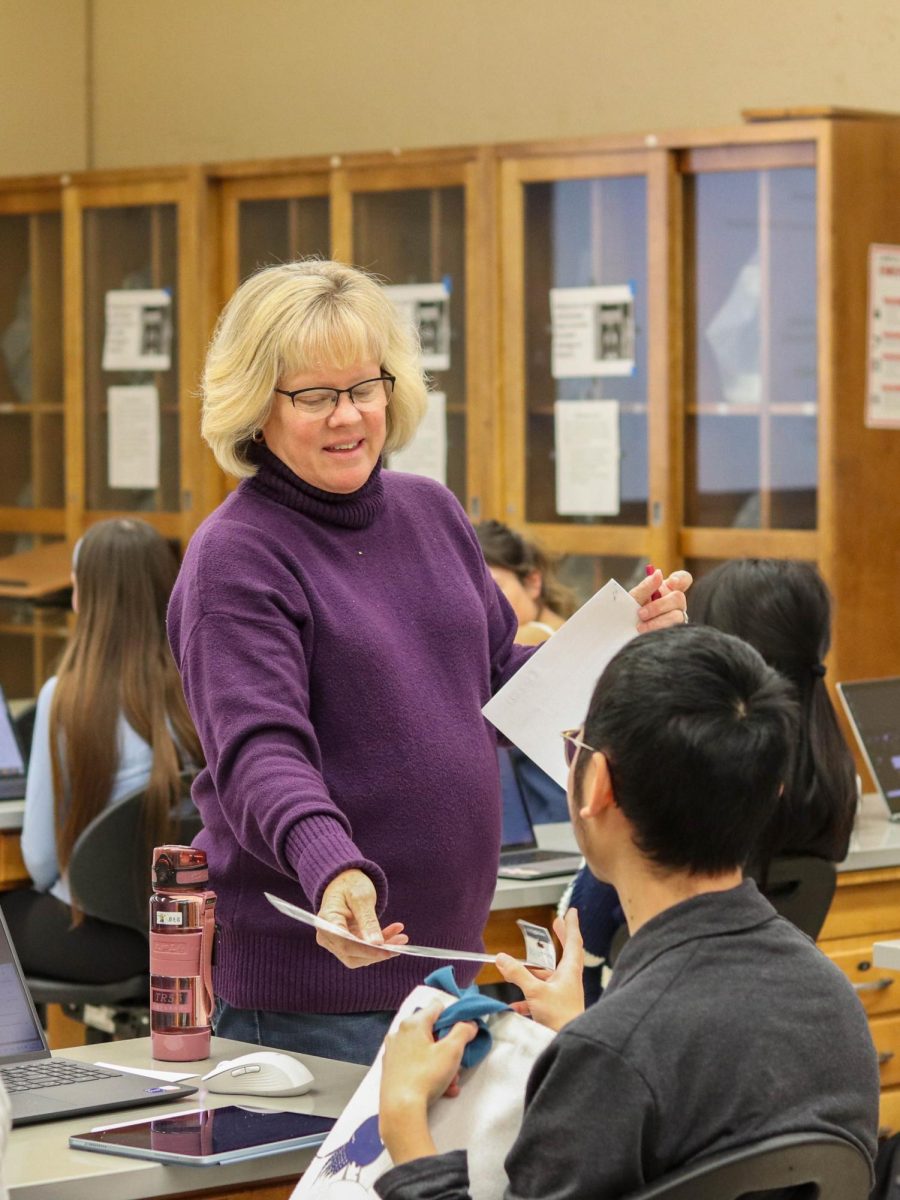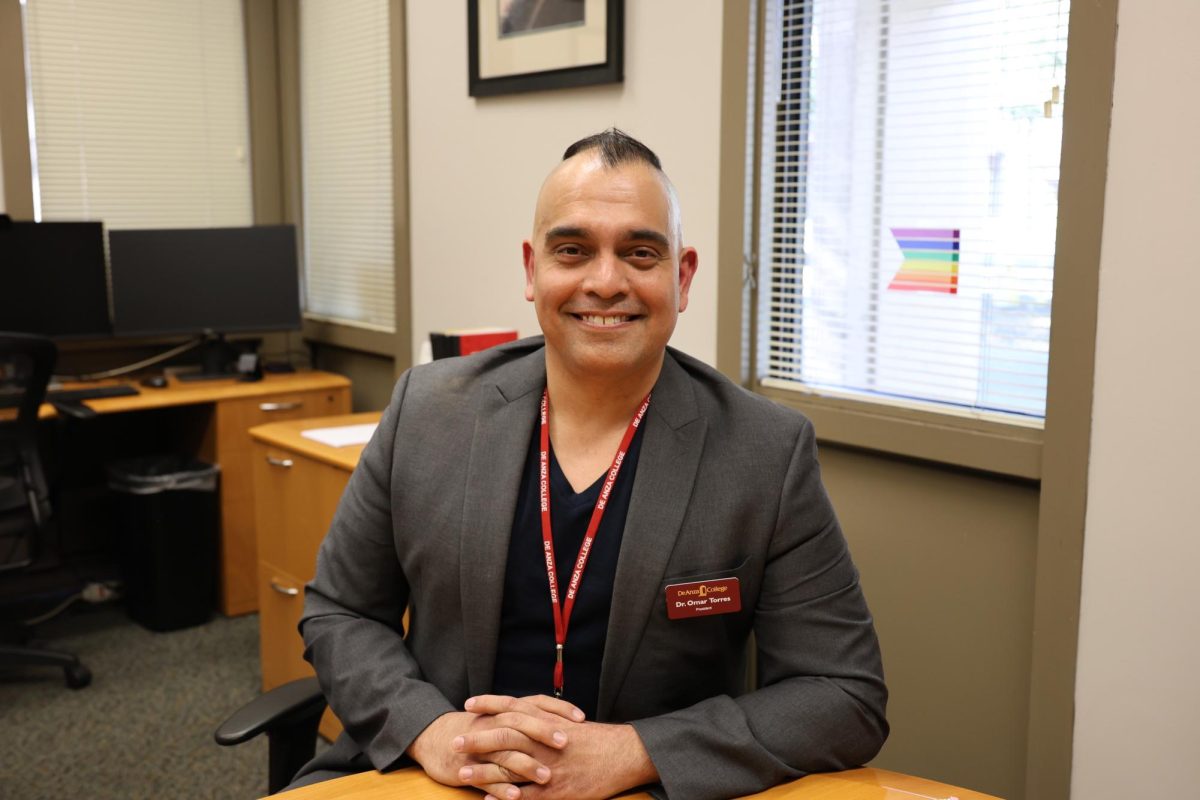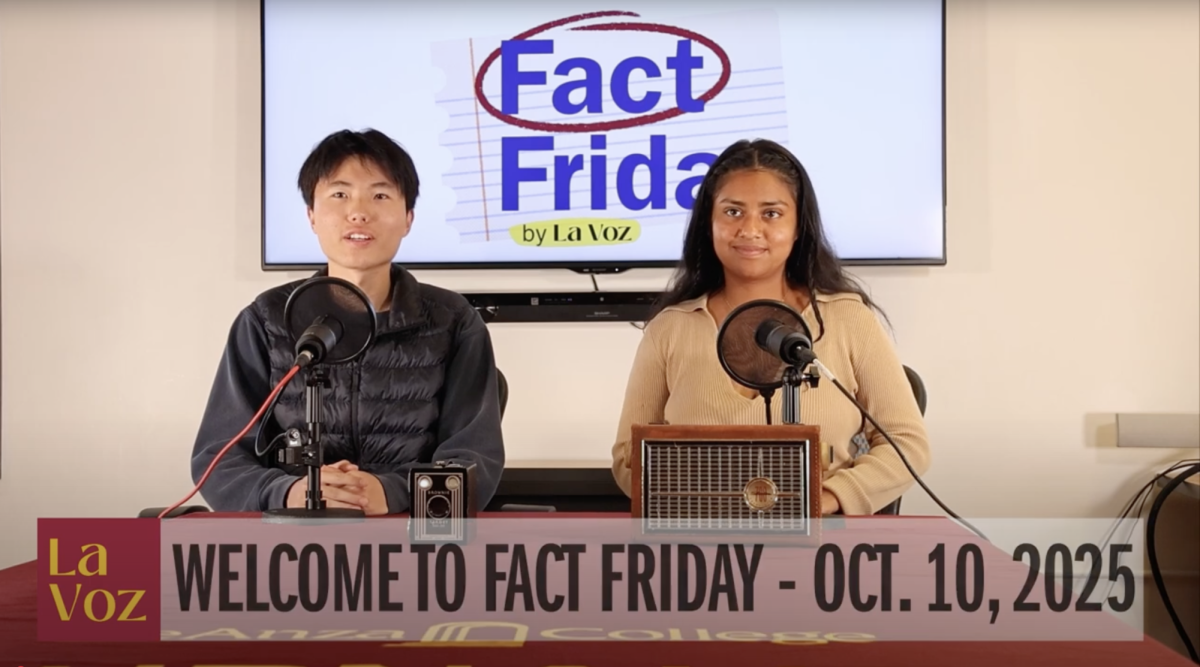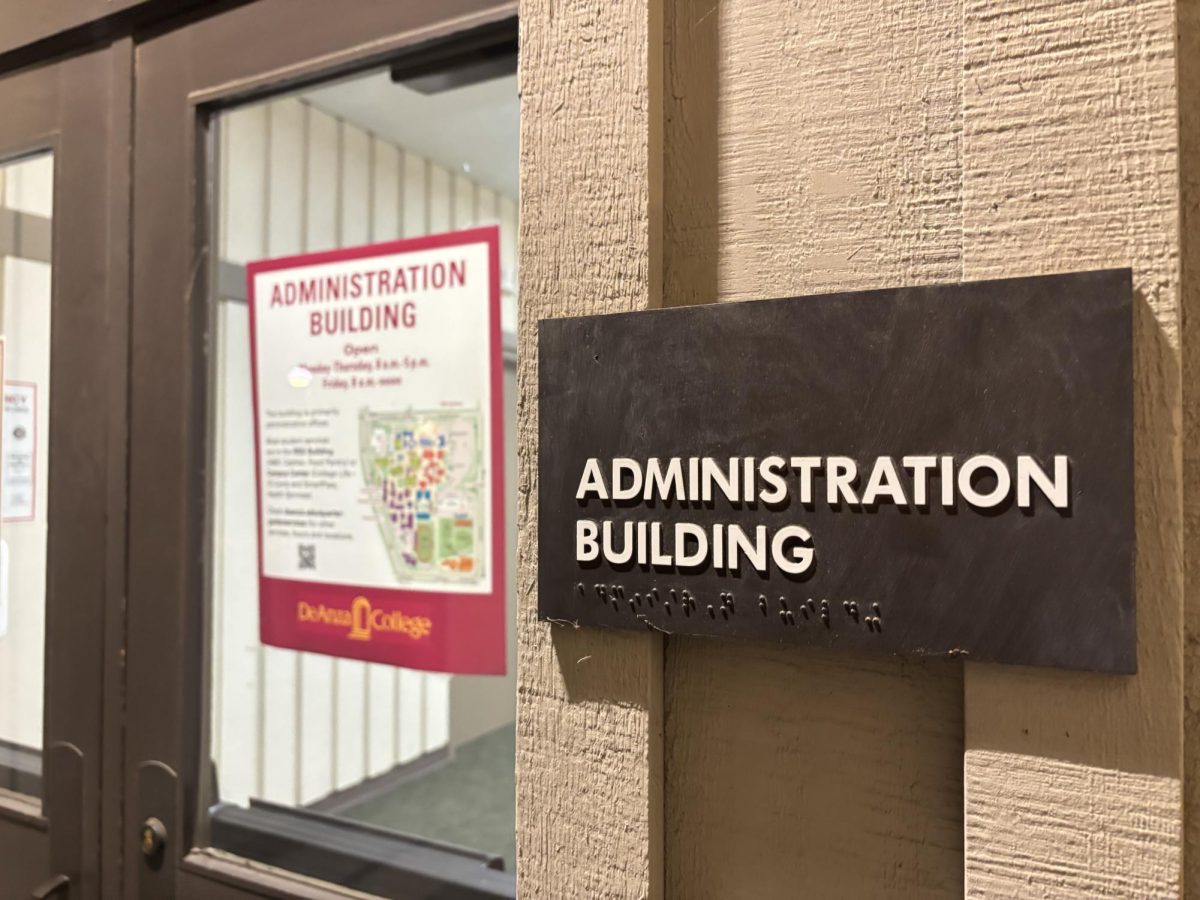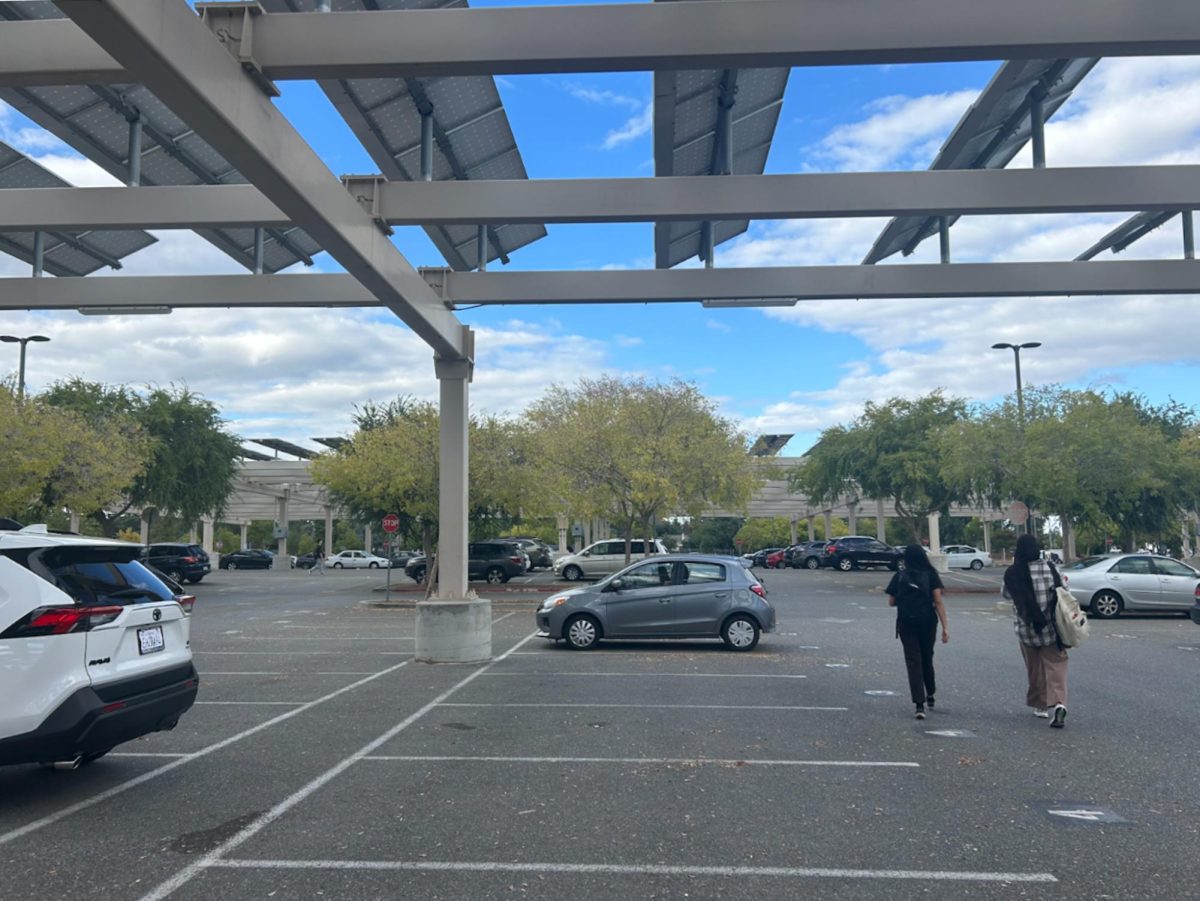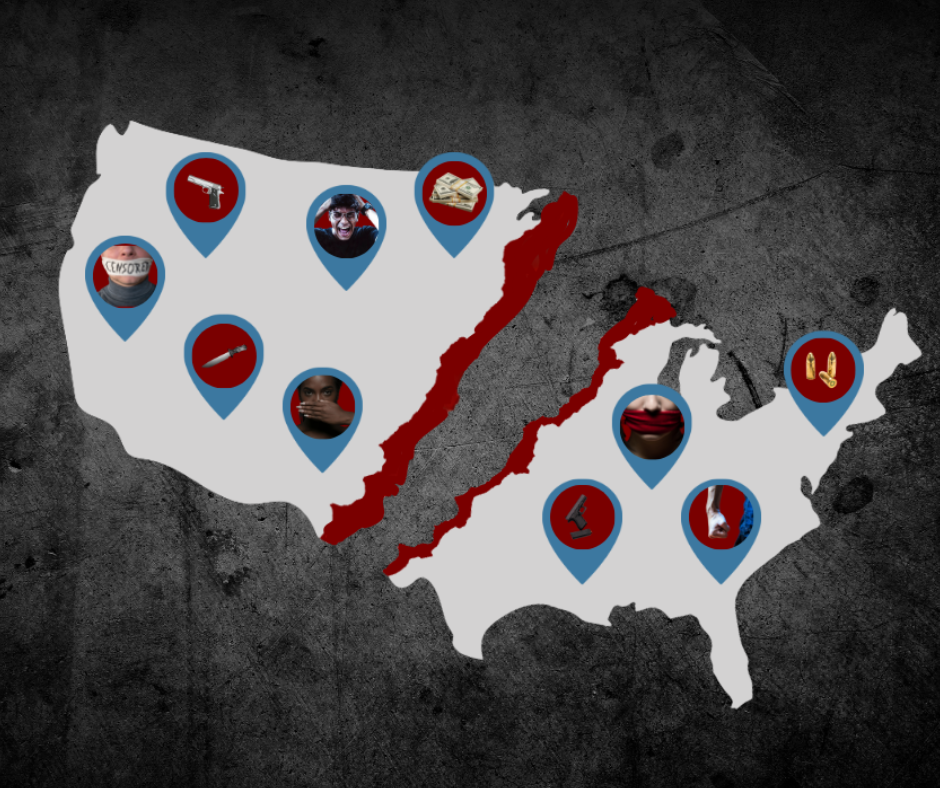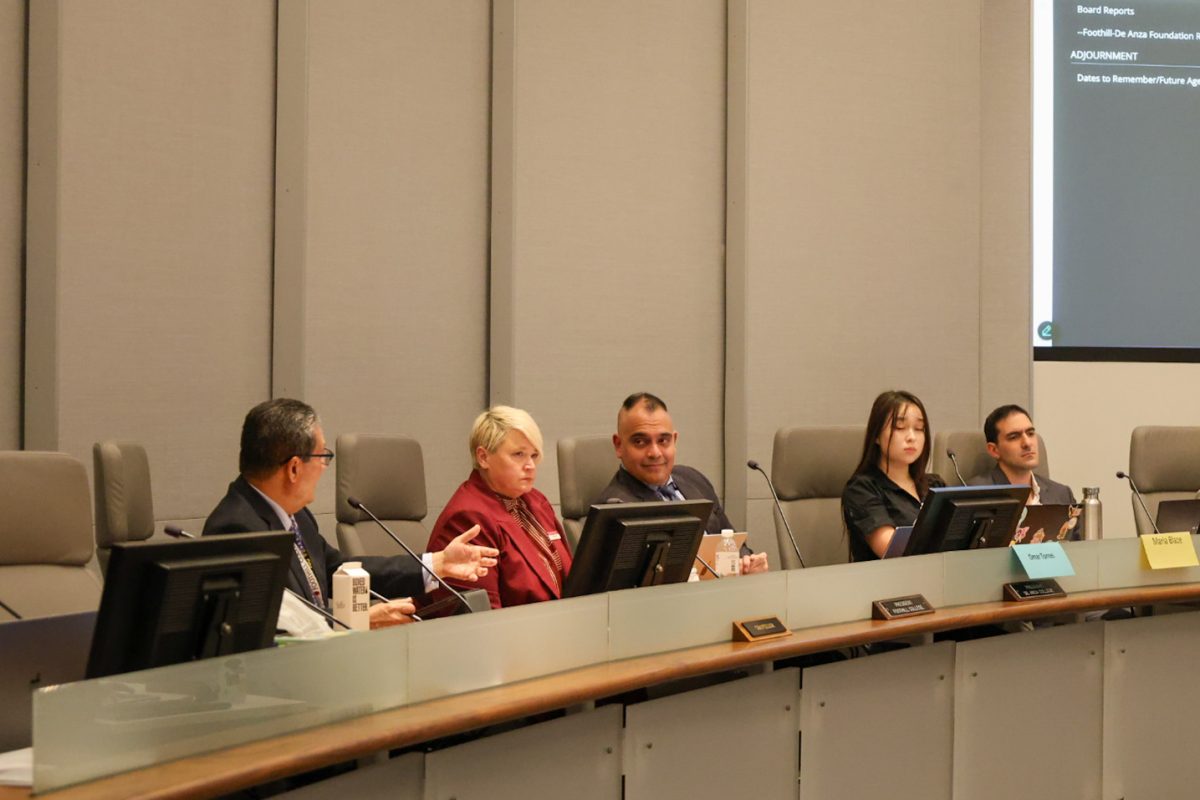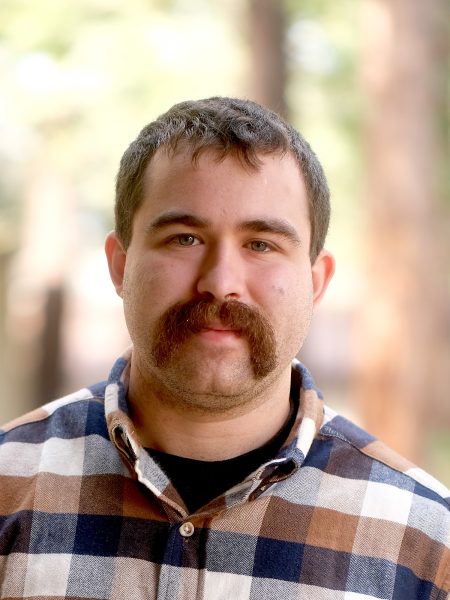Looking at him, he’s a clean-cut, professional and approachable man in charge of coordinating the logistics and safety of events at De Anza College. However, going to a hardcore punk show and seeing the same person scream into a microphone in front of a wild, moshing crowd provides a complex picture of who he really is.
Chris Winn is the 37-year-old rental coordinator for De Anza, and he’s been at the job for six years. He received a Bachelor of Science in environmental impact assessment from San Jose State University.
He’s also been a part of the Bay Area hardcore scene for 24 years.
Winn was born in Santa Clara and has lived in Santa Clara County for all of his life. His parents worked at De Anza College, and he studied there as well.
“I’ve been here since I was three years old because both my parents worked here,” Winn said. “I grew up here and then went to school here, worked in the bookstore.”
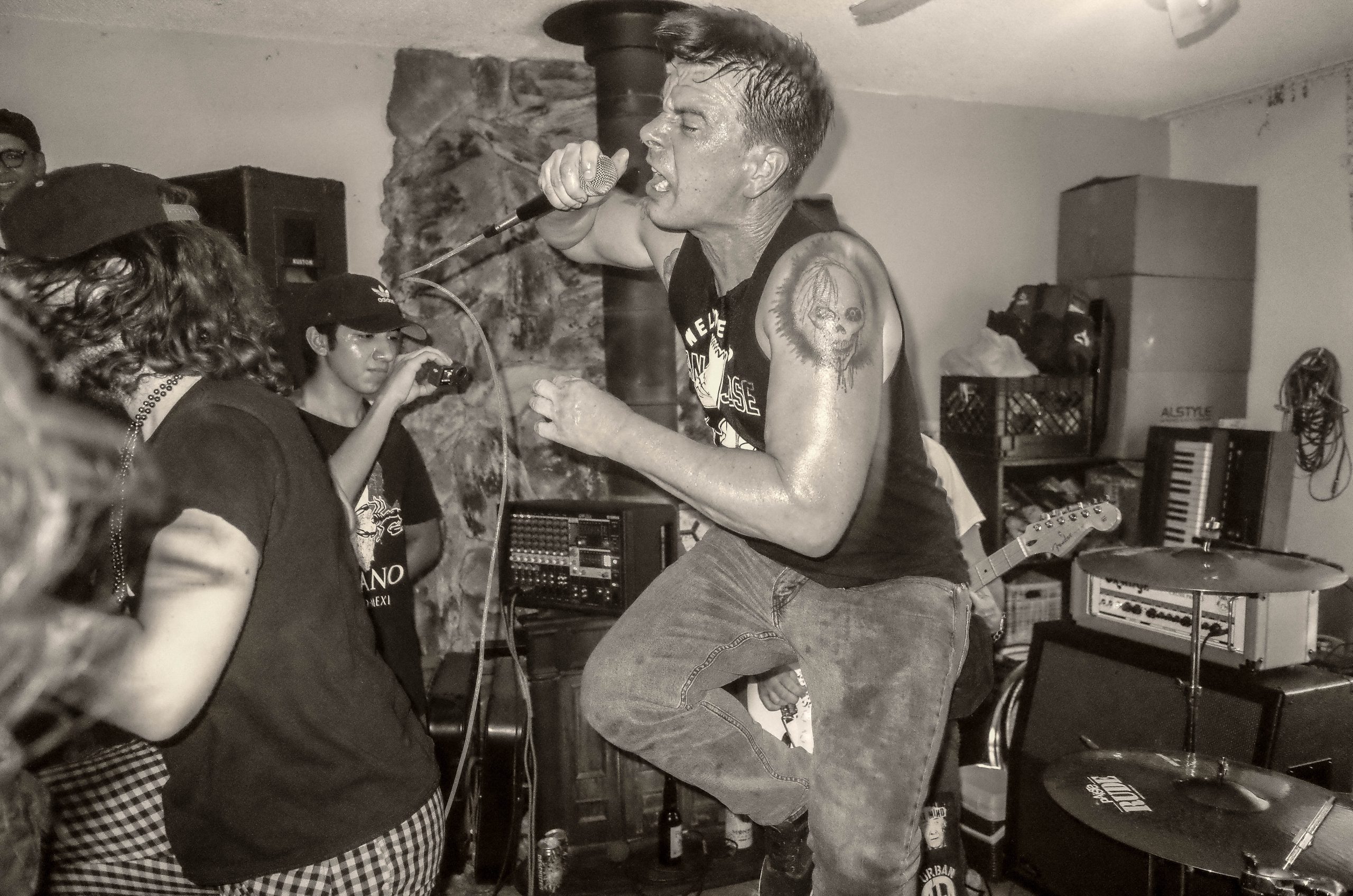
Winn began performing at 17 years old as a bassist in the band Rotten Fux with his older brother Steve Winn.
Winn said his influences come from ‘80s hardcore bands such as State of Alert, Sick Pleasure, Code of Honor, Crucifix and Youth Brigade.
“I like the simplicity, the anger and the shortness,” Winn said. “It’s like I can be loud, angry, have no skill and people will like it.”
Currently, Winn performs in two hardcore bands: Cult Mind, where he sings, and Deselect, where he plays guitar.
He practices with both bands about once a week and performs live at shows around the Bay Area.
Although hardcore punk was originally very political, Winn’s take on lyrics is often more introspective and has no ubiquitous message.
“Some bands have a specific message. … I like a little bit of everything, whatever comes to mind,” Winn said. “I like to be on the outside looking in, and a lot of it is songs about mental health.”
Winn also said he runs regularly, and that is where he’s able to come up with lyrics for his music.
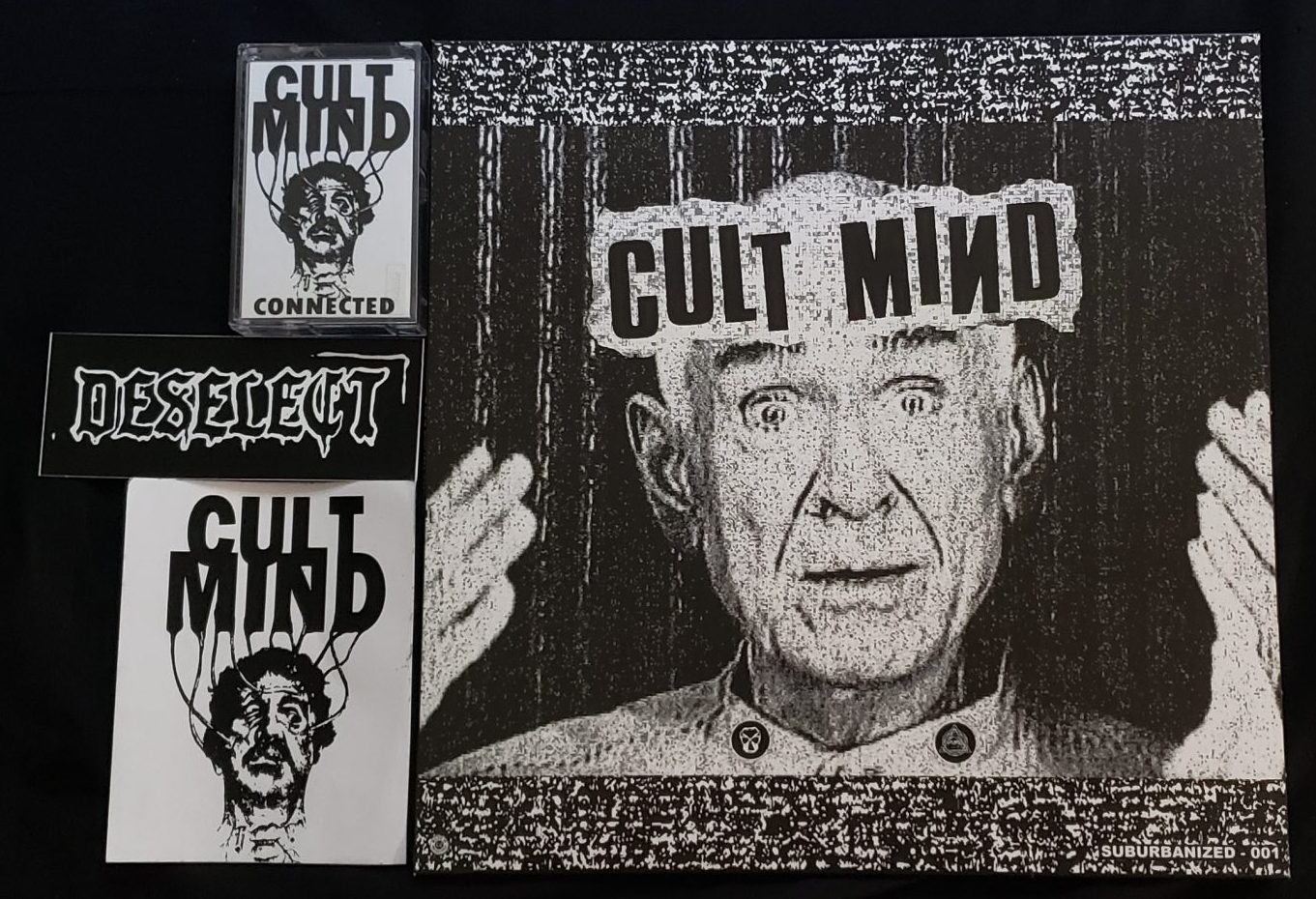
Currently, Cult Mind is not signed to a record label which he said has affected the reach his band has been able to make.
“I am sick of trying to do self-releases,” Winn said. “I tried to personally sell our record to a bunch of record stores and they always shoot me down left and right. … Unless you’re big and well known … they don’t even want to talk to you because that stuff’s going to sit on the shelves.”
Outside of music, Winn said, “I try to be as boring as I possibly can.”
“I keep to myself a lot,” Winn said. “If I could just stay home and not talk to anybody for a week I’d love it. Then I’d go out and play a show and then disappear.”
Jared Forman, owner of Power Cup Coffee at De Anza, plays Winn’s music at his shop.
“He’s got great tunes, great voice,” Forman said.
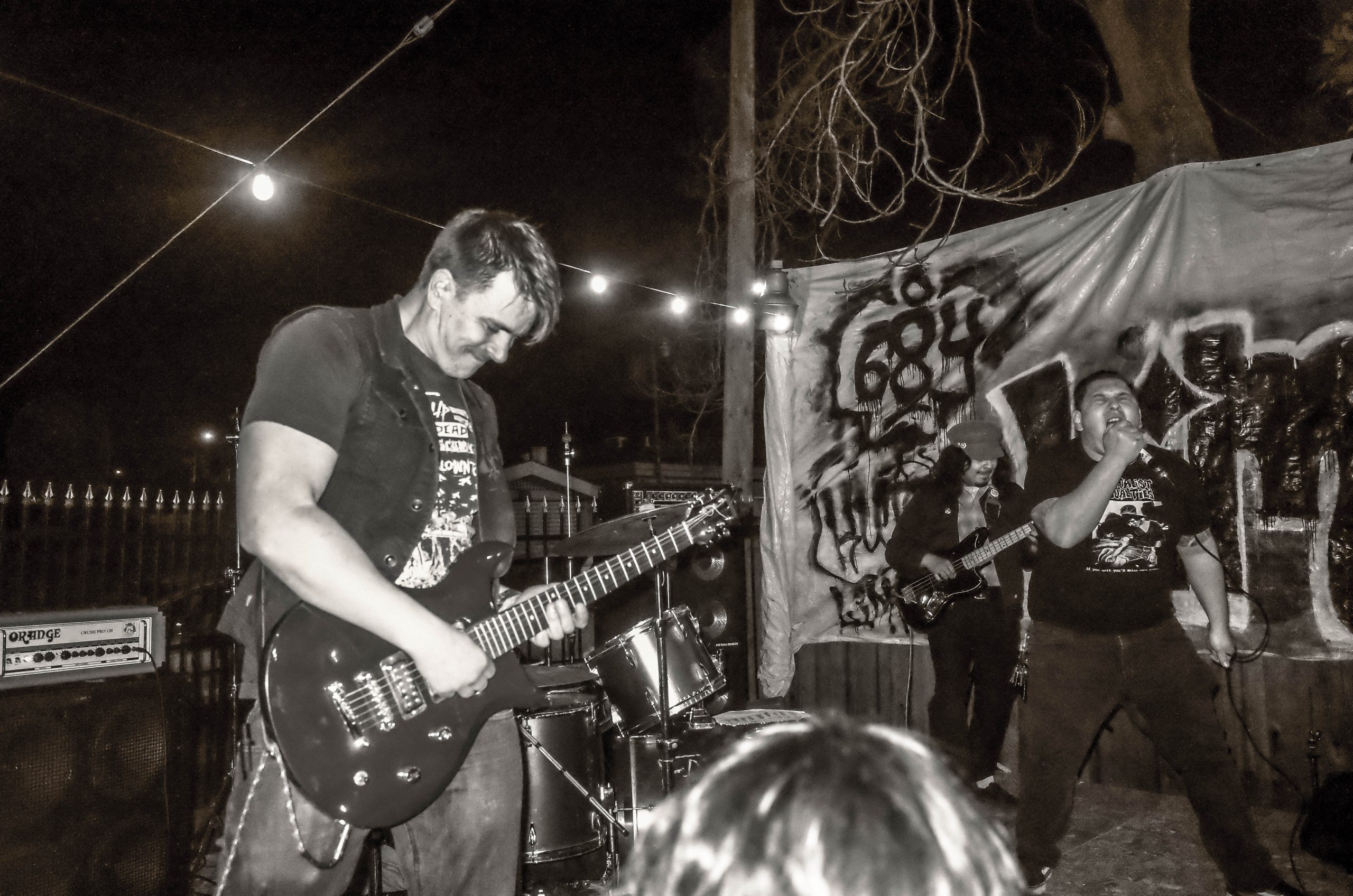
Winn is also a videographer and photographer in his spare time. He currently has content posted on YouTube, Facebook, Instagram and ImgBB where he archives videos and photos.
Winn was inspired by Murray Bowles, a photographer who archived three decades worth of the Bay Area punk scene, and makes a point to photograph every band that performs at the shows he goes to.
“I just love photos, and it gave me something to do at shows,” Winn said. “When Murray moved away to Sacramento, there was nobody archiving the scene. … (Bowles’ work) was so special to me growing up, he documented my entire youth. Without him, I wouldn’t have photos of me and my brother or my early band. So that’s how I approached it.”
Mike Garcia and Brittany Alarcon are married and own High Voltage Punk Shop, a San Jose store that hosts shows for local bands, and sells records, t-shirts and punk accessories. They have known Winn for over a decade and appreciate his passion and contributions to the local scene and their shop.
Alarcon said that Winn is protected by others while filming at shows, and that he is recognized in the local community for his work.
“He is a very big influence, and I don’t think he realizes it yet,” Alarcon said. “Just like how Murray (Bowles) did it for the passion, I could see him being like this generation’s Murray.”
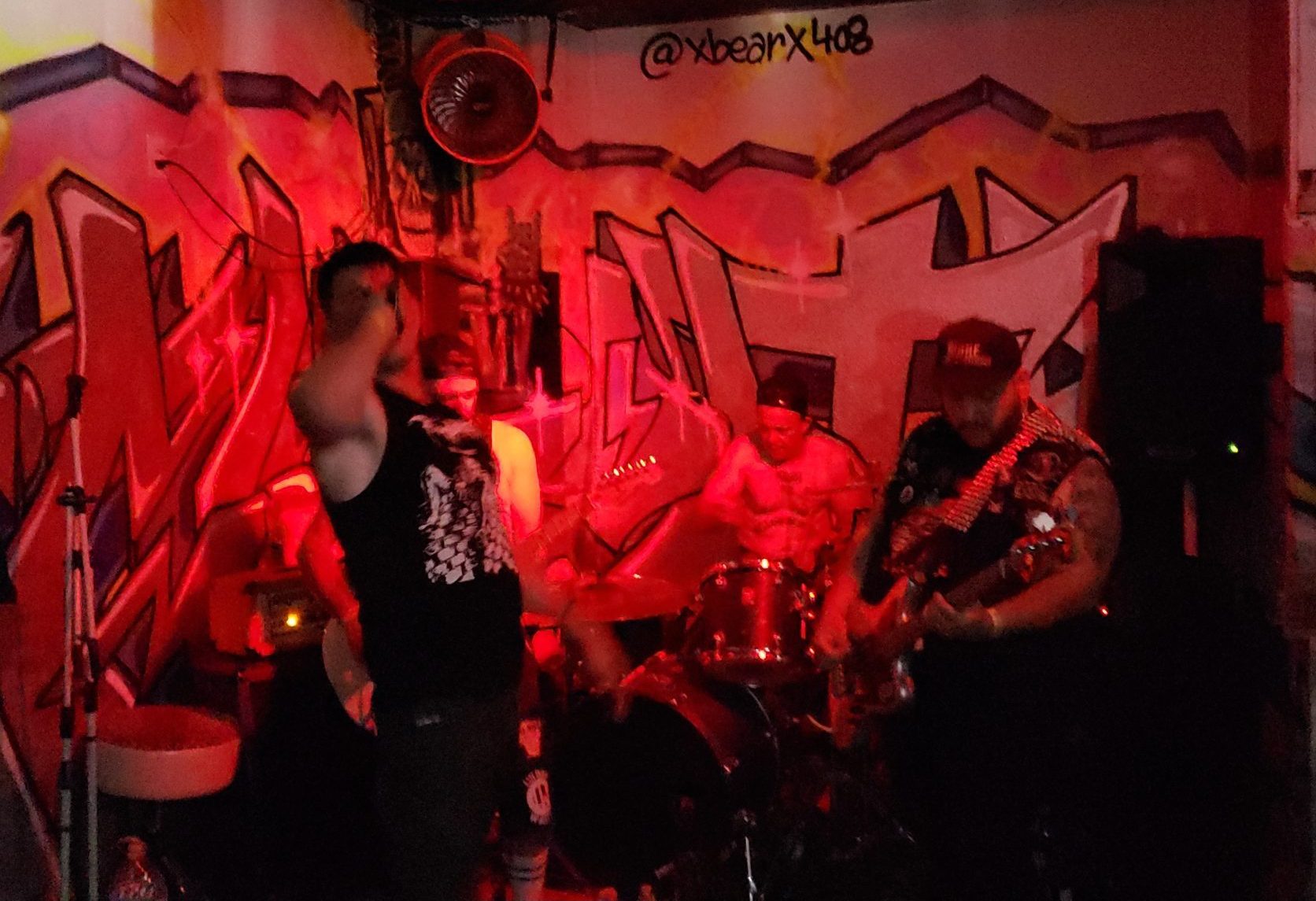
Garcia said Bowles had captured him and Alarcon when they began dating, and that Winn’s continuation of Bowles’ archival of the punk scene is important for preserving local punk history and the people who are a part of it.
“With punk, we live so quickly the moment, so we don’t capture (anything),” Garcia said. “With pictures, now we can live in the moment and see the pictures next week and say ‘that was us.’ … It’s part of history, even if we die, the photos will always live forever.”



